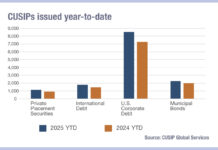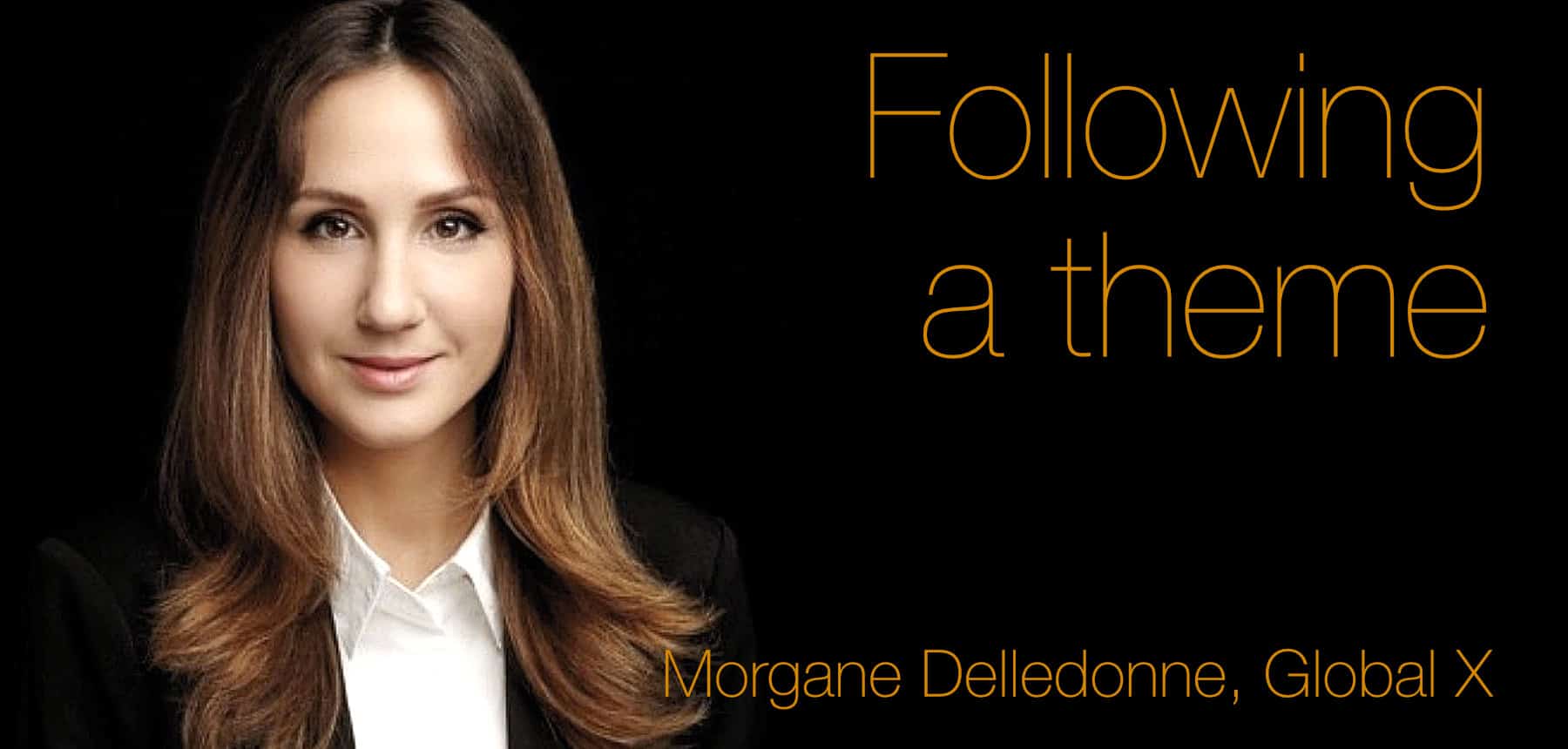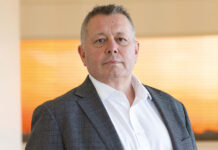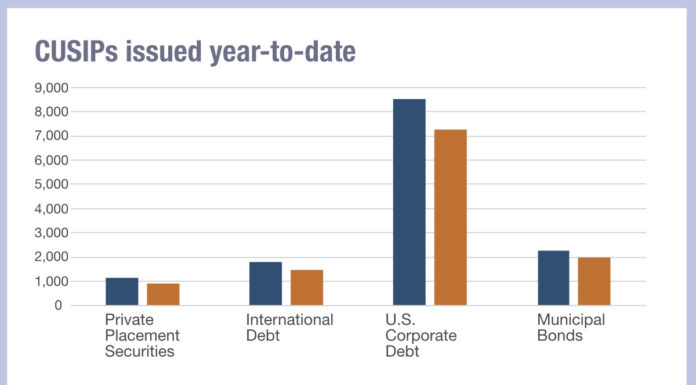Morgane Delledonne, director of research in Europe for Global X ETFs talks to Shanny Basar about ETFs, structural change and speaking the truth.
Morgane has a background in development economics and always felt that investment and capital markets are a powerful way to shape the economy and change the world.
Delledonne said: “In 2008 there was a disconnect between people and finance. Exchange-traded funds are simple and transparent and can fill that gap with retail investors. They give decision making back to the end-investor.”
She joined Global X ETFs in November last year with Rob Oliver, head of business development in Europe, to launch the firm in the region. Global X ETFs was founded in the US in 2008 and acquired in 2018 by Seoul-based Mirae Asset Global Investments, which has more than $400bn in assets under management globally. Mirae Asset has more than $50bn in ETFs globally as its platform ranges from Australia, Canada and Latin America to Asia, where European UCITS funds are popular.
“I was attracted to joining Global X ETFs because of its people and values,” added Delledonne. “The firm also takes a research-driven approach to investing and specialises in the thematic space, which is unusual in Europe.”
Assets under management at Global X grew more than 50% last year to reach more than $20bn. The firm is well known for its thematic growth, income and international access ETFs, but also offers core, commodity, and alpha funds. The thematic funds cover disruptive technology with high growth prospects such as cloud computing, robotics and artificial intelligence.
Global X first identifies the macroeconomic structural change and then the investable universe for a specific exposure. The firm then defines an index where target companies have to earn at least 50% of their revenues from the theme for the index provider.
“We have issued our first research paper in Europe and look forward to connecting with investors and providing solutions for the portfolio of the future,” Delledonne said. “There are structural changes in the economy which investors need to explore.”
Delledonne explained that investors are finding that traditional asset allocations are less relevant in the digital revolution. She added: “For example, where is cyber security in the traditional framework ?”
At the end of last year Global X ETFs launched its first two European-listed UCITS ETFs on the London Stock Exchange. The first ETF covers the theme of video games and e-sports which experienced immense adoption during the global lockdown caused by Covid-19. The second ETF covers global telemedicine and digital health as the pandemic also highlighted the importance of utilising digital technologies in healthcare.
“There has been a very positive response to the products we launched in December and we are excited to launch more,’ added Delledonne.
Global X said its US-listed ETFs targeting the same themes each gathered more $400m in net inflows last year, amassing over $1bn in combined assets under management.
“Thematic ETFs will be a key driver of growth as the market attracts more retail investors and millennials who are interested in sustainability,” said Delledonne.
Nearly all (84%) of ETF issuers in Europe expect significant or moderate demand for thematic ETFs in the region over the next 12 to 24 months, according to a recent survey from Cerulli Associates. Sustainability-related themes such as water and biotechnology were expected to be the most popular, closely followed by technology.
Fabrizio Zumbo, associate director, European asset and wealth management research at Cerulli, said in the report that investors are becoming more comfortable with using thematic ETFs for diversification and to express their investment objectives. In addition, thematic funds are generally easier to sell to end clients because the narratives make the products easier to understand.
Total assets invested in European ETFs and ETPs grew by 24.5% last year to reach a record $1.3 trillion at the end of December according to ETFGI, an independent research and consultancy firm.
“We have a very positive view of the European ETF market where assets have doubled in the last two years,” said Delledonne. “We expect assets to grow two to three times in the next three or four years.”
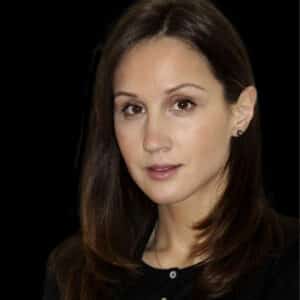
Career
Prior to Global X ETFs, Delledonne worked at BMO Global Asset Management as an ETF investment specialist. She had joined the Canadian fund manager in 2017 from ETF Securities where she was a fixed income strategist covering global rates and credit. Previously Delledonne worked as a global macroeconomist analyst at Pictet & Cie and was a US macroeconomist analyst for the French Treasury. She holds an MSc in Economics from Paris Dauphine University and a BSc in Applied Mathematics from Nice Sophia Antipolis University.
Delledonne said: “My success is due to working hard and being 100% committed to projects. I have never compromised on my values and you need to ensure you do the right thing for you.”
There appear to be more women working in ETFs than in other areas of asset management, but “There is always room for improving the number of women in ETFs and more female representation will attract younger people,” added Delledonne.
She continued that firms can do more to improve work-life balance, especially as women rise in the industry.
Her advice to other women is to take opportunities when they can and to speak up if they are treated badly. Delledonne added: “The truth matters.”
©Markets Media Europe 2021
[divider_to_top]
©Markets Media Europe 2025

